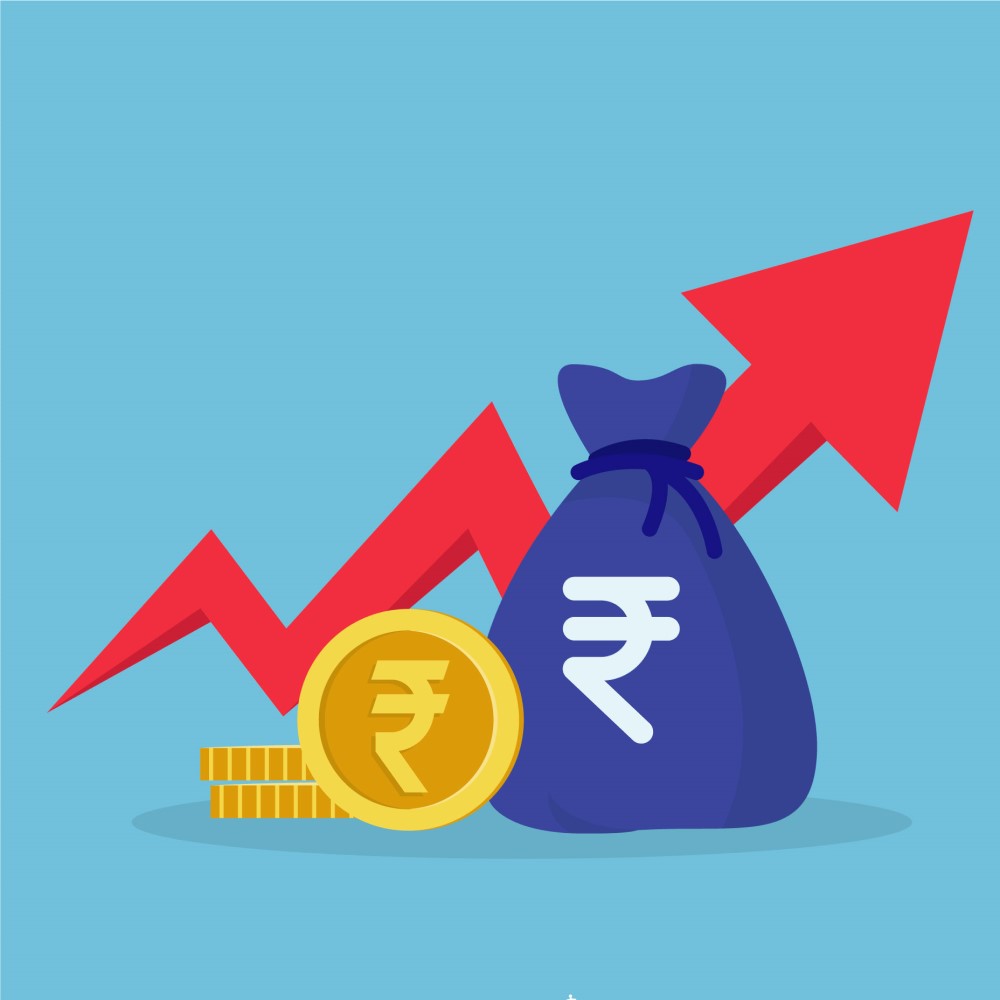Demat + Trading account
Open Your Demat & Trading Account Today
A short description introducing visitors to your business and the services you offer


What is Demat?
A demat account, short for “dematerialized account,” is a digital repository where an investor holds securities such as stocks, bonds, mutual funds, and exchange-traded funds (ETFs) in an electronic format. It serves as an alternative to the traditional physical paper-based system of holding securities.
Here’s a detailed explanation of demat accounts:
Electronic Holding
Facilitates Trading
Central Depository
Ownership Transfer
Convenience and Accessibility
Reduction of Costs and Risks
Portfolio Management
Corporate Actions
In summary, a demat account is a secure and efficient way for investors to hold and trade securities in electronic form. It offers convenience, cost-effectiveness, and risk mitigation compared to traditional paper-based systems, making it an essential tool for participation in the financial markets.
Trading Account
Below is Some introduction about trading account.
A trading account is a financial tool used by individuals and businesses to buy and sell various financial instruments such as stocks, bonds, commodities, and currencies within financial markets. It serves as a hub for executing trades and managing investments.
To open a trading account, one typically needs to register with a brokerage firm or financial institution that provides access to the desired markets. After opening an account, the trader can deposit funds into it to facilitate buying and selling activities.
Trading accounts come with various features and functionalities, including:
Order Execution: Traders can place orders to buy or sell financial assets at market prices or specify a desired price level using limit orders. These orders are executed by the brokerage firm on behalf of the trader.
Market Information: Trading accounts often provide access to real-time market data, including price quotes, charts, and news updates, enabling traders to make informed decisions.
Portfolio Management: Traders can monitor their investment portfolios within the trading account, tracking the performance of individual assets and overall account balance.
Risk Management: Trading accounts may offer risk management tools such as stop-loss orders, which automatically sell a position if it reaches a predetermined price level to limit potential losses.
Margin Trading: Some trading accounts allow traders to leverage their positions by borrowing funds from the brokerage firm, amplifying potential returns but also increasing risk.
Tax Reporting: Trading accounts often provide tools for tracking trading activity and generating tax reports, simplifying the process of filing taxes on capital gains and losses.
Overall, a trading account serves as a gateway to financial markets, empowering individuals and businesses to participate in investment activities, manage their portfolios, and potentially generate returns from fluctuations in asset prices. However, it’s essential for traders to understand the risks involved and to develop a sound trading strategy based on their financial goals and risk tolerance.
